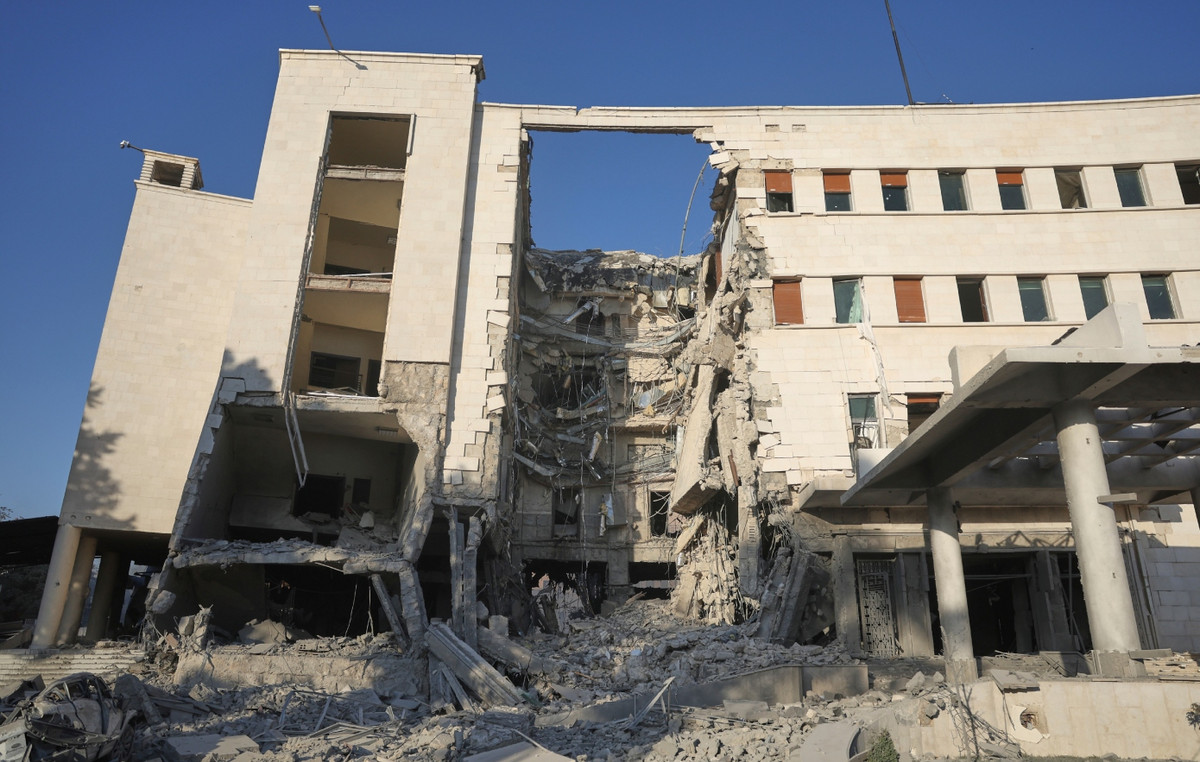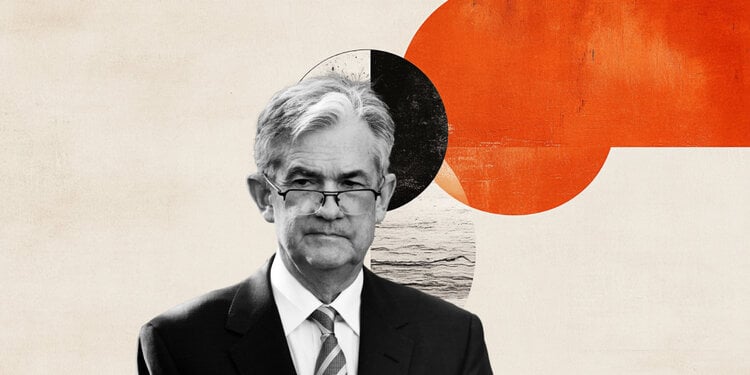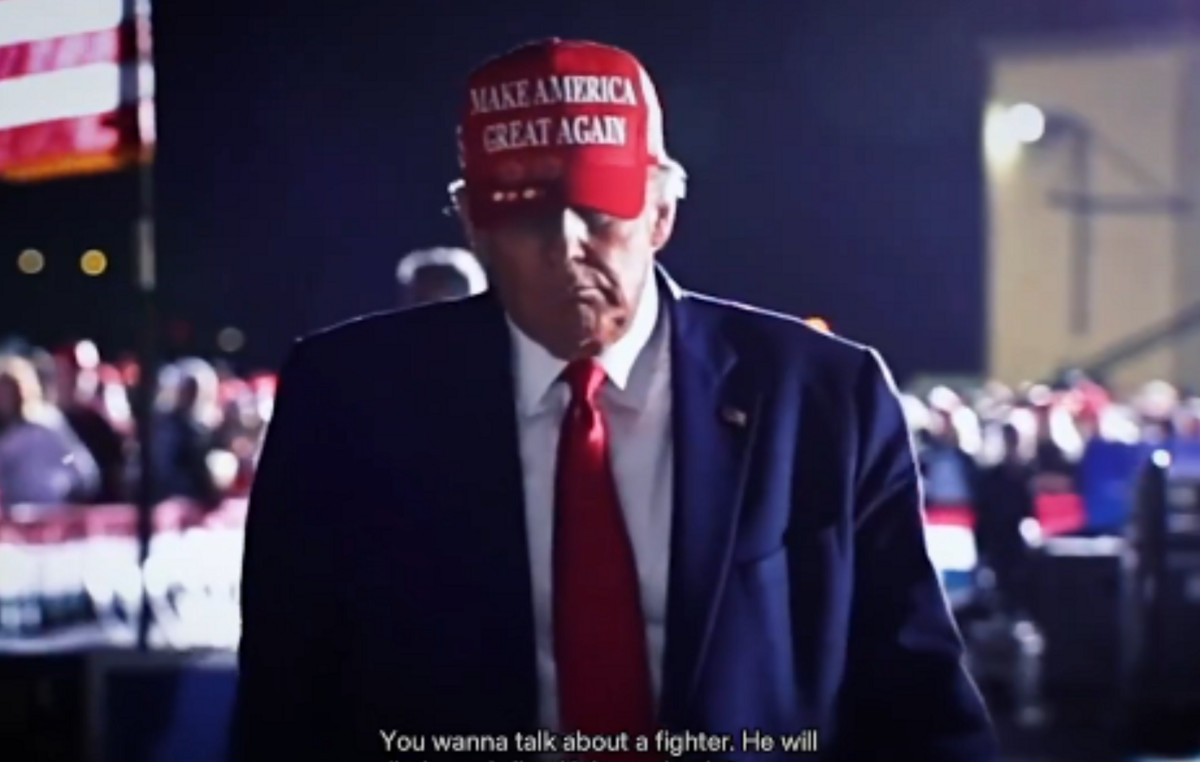As a series of high-profile talks between the United States, European allies and Russia dissipate this week, increasing Moscow’s military strength on its borders will remain a concern of Western diplomats long after they return to their jobs. .
The roughly 100,000 Russian troops stationed near Ukraine constitute the biggest security crisis in years for Europe and its allies, including the US.
While in Kazakhstan, Russian President Vladimir Putin took the brutal crackdown this month by regime president Kassym-Jomart Tokayev as an opportunity to remind protesters that revolutions can never spread in the region and by sending in security alliance led by Moscow to help quell the demonstrations, shows that the Central Asian country remains firmly in its sphere of influence.
The tone of Putin’s rhetoric and the trajectory of the military deployment leave little doubt about his intentions: to regain control over a wide swath of the former Soviet Union – even to the point of reversing the steps of the North Atlantic Treaty Organization (NATO) over the years. of the Cold War.
Indeed, during NATO-Russia talks in Brussels last week, the top US representative, Deputy Secretary of State Wendy Sherman, told CNN that Moscow has not committed to demobilizing the Ukrainian border.
Pending the US talks is a desire by the Biden administration to avoid a distraction from its intended pivot to the Indo-Pacific, especially redefining relations with China.
But with many analysts agreeing that the threats of stinging new sanctions have not stopped Russia’s adventurism in Europe, Western diplomats may be trading with a pretty empty toolkit.
The stakes for Putin are just as high. In less than two years, Russia has had to manage two surprising demonstrations on its doorstep: in Belarus and Kazakhstan. But from the Kremlin’s point of view, Kazakhstan, the largest of Central Asia’s former Soviet republics, is too important a domino to fall.
Allowing Kazakhstan to move further into a western orbit — for example, allowing Western-style democratic elections or responding to popular outcry with more political liberties — would be a blow to Russian pride and indicate that Moscow is loosening control over an area. rich in natural resources, which has attracted billions in investment from the US and China.
Kazakhstan has the 12th largest proven oil and 14th natural gas reserves in the world. In 2019, the country produced nearly half of the world’s uranium, according to the World Nuclear Association.
The last thing the Kremlin wants is for another so-called ‘color revolution’ to flourish that could inspire protest movements in Russia and other former Soviet republics.
The recent unrest in Kazakhstan has been fueled by rising fuel prices and frustrations with everything from unemployment and inflation to corruption.
It turned into protests reflecting “anger, mismanagement by a corrupt government that has been very authoritarian and social inequality,” said Edward Lemon, president of the Oxus Society for Central Asian Affairs. The government’s subsequent crackdown resulted in at least 164 deaths and thousands of arrests.
True to form, the tactics used to quell uprisings in Belarus were also employed in Kazakhstan: brutal repression, sowing disinformation, blaming unspecific foreign schemers, stifling social media – including for the first time the popular Chinese app WeChat – and leaving dialogue unspoken. no space.
Moscow quickly agreed to President Tokayev’s request that the Collective Security Treaty Organization (CSTO), a Russian-led regional security alliance, send “peacemakers” to help restore order.
Putin had every reason to intervene. If Russia loses Kazakhstan from its sphere of influence, it could inspire pro-democracy movements in other former republics.
But of great importance is what the rest of the world – particularly China – learns as the current drama unfolds.
Chinese President Xi Jinping will likely watch closely how far Putin can push the West and will almost certainly apply that learning to Taiwan and other potential territorial ventures.
Russia’s participation in high-level diplomatic meetings, maintaining a threatening posture, only to walk away declaring that the negotiations have reached a “dead end” and that it will have to act to “eliminate unacceptable threats to our national security”, is a diplomatic tantrum masterstroke potentially applauded in Beijing.
Now, with Beijing and Moscow stepping up their efforts to coordinate foreign policy, China can learn useful lessons by looking at how far Putin can test the West’s resolve.
For a China bent on “reunification” with Taiwan – the breakaway island where the US guarantees security – and pushing its territorial claims in the South China Sea, it is worth looking closely at where the West draws its boundaries and how it defends (or defends) them. no).
While Kazakhstan may be a wobbly domino on Putin’s regional board, the country has also become an important cog in China’s geopolitical strategy for energy independence, meaning the demonstration there is of direct importance to Beijing.
China-linked companies reportedly have as much as $26 billion in investments in Kazakhstan, including in a pipeline that crosses the roughly 1,770-kilometer Sino-Kazakh border.
In 2017, Kazakhstan was also one of the top recipients of Chinese money from the multi-billion-dollar Belt and Road Initiative.
China’s economic interests in Kazakhstan could make Western diplomats expect Beijing to encourage the Kremlin to exercise restraint in maintaining stability in the country.
China has said it supports Russian-led forces sent to Kazakhstan to quell the uprising.
In the meantime, the US, which has a lot at stake as the main foreign investor in Kazakhstan and with three decades of good bilateral relations, should continue to engage with the new circle of officials created around Tokayev, and insist on explaining that suppressing free speech creates a toxic investment climate.
But the US makes it the realization that investors from countries accused of flouting human rights, like China, will happily fill any trade void.
Editor’s Note: Michael Bociurkiw (@WorldAffairsPro) is a global affairs analyst and former spokesman for the Organization for Security and Cooperation in Europe. He is the author of the book “Digital Pandemic” and presenter of the podcast “Global Impact”. He is a regular contributor to CNN. The opinions expressed in this article are his.
This content was originally created in English.
original version
Reference: CNN Brasil
I’m James Harper, a highly experienced and accomplished news writer for World Stock Market. I have been writing in the Politics section of the website for over five years, providing readers with up-to-date and insightful information about current events in politics. My work is widely read and respected by many industry professionals as well as laymen.







